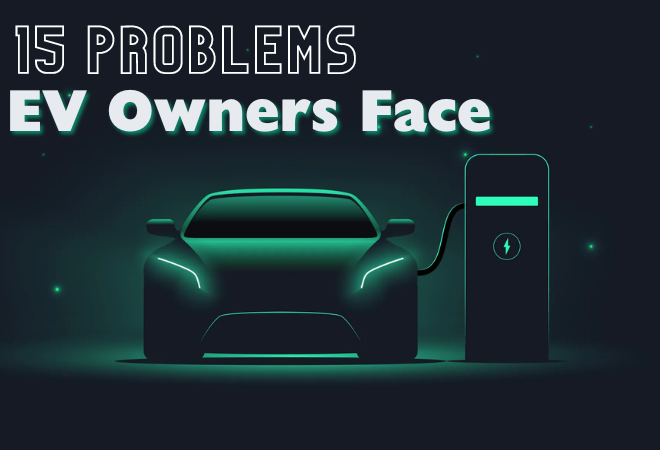
15 Common Problems That EV Owners Face
EV ownership in India poses challenges – limited charging, high insurance costs, and battery degradation. Collaborative efforts needed for widespread adoption.

EV ownership in India poses challenges – limited charging, high insurance costs, and battery degradation. Collaborative efforts needed for widespread adoption.

The 20-80% rule advises maintaining an electric vehicle battery within the 20% to 80% charge range, promoting better battery longevity.
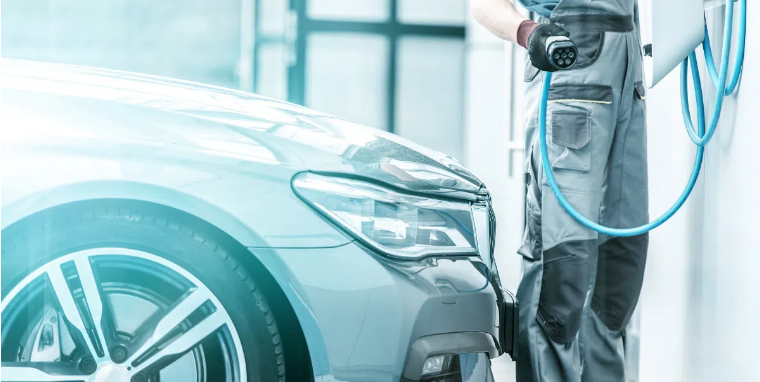
Plug-In EV blends electricity and traditional fuel, offering reduced emissions and flexibility, yet face challenges and battery production concerns.
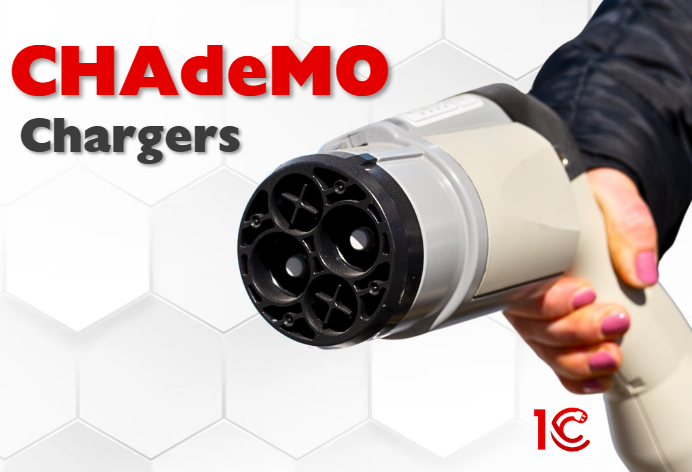
CHAdeMO Chargers, a global EV fast-charging standard, enhances electric mobility with efficient DC charging. Recognized worldwide, it supports various vehicles.
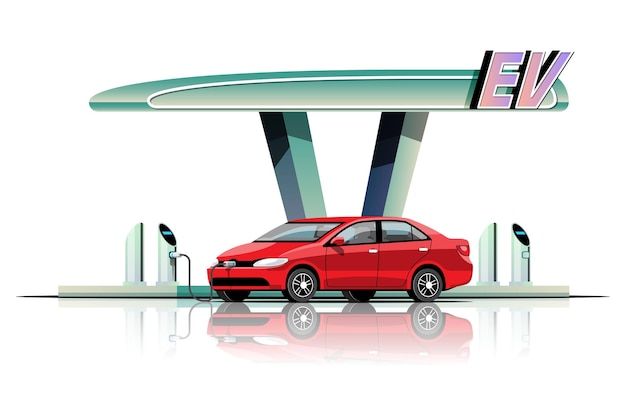
India’s EV sector faces hurdles like regulatory uncertainties, but positive signs include decreasing battery costs and increased infrastructure investments.
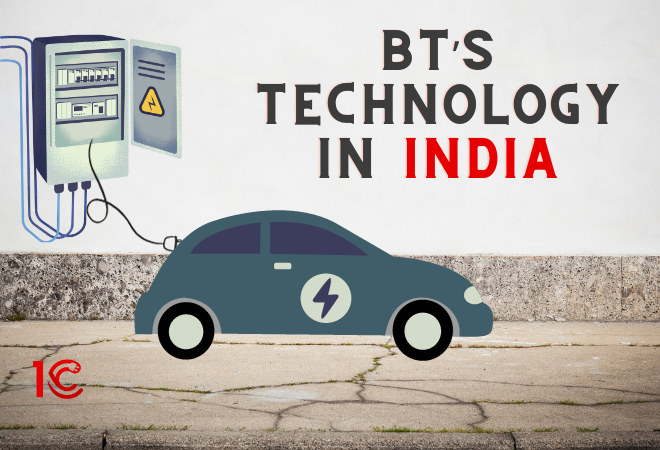
BT’s plan to convert street cabinets into EV points in India shows promise. Success depends on power infrastructure, public acceptance, and regulatory compliance.
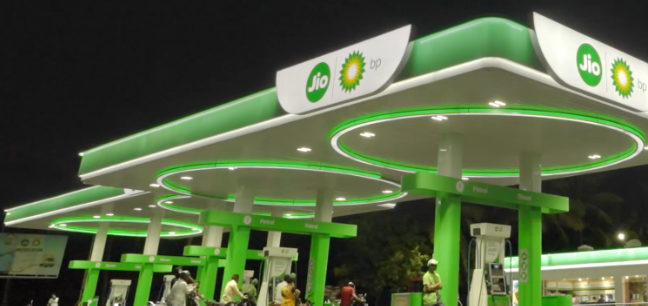
Jio-bp Pulse Charge is transforming EV charging in India. Innovations include fast charging, battery swapping, and a dense, accessible network.
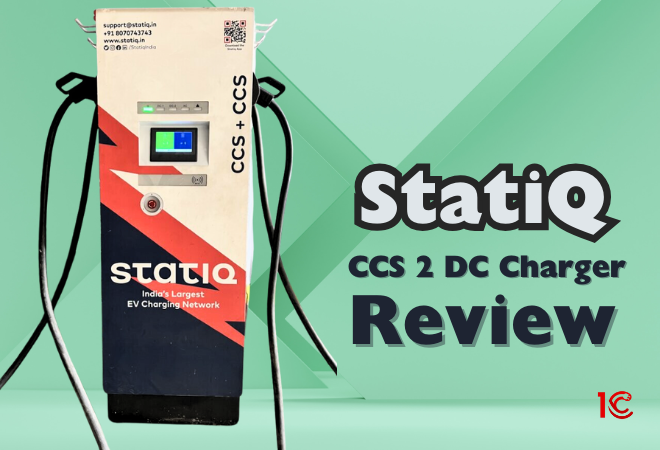
Statiq’s CCS2 Charger in Noida offers efficient EV charging with high-speed capabilities, contributing to a versatile and user-friendly charging experience.
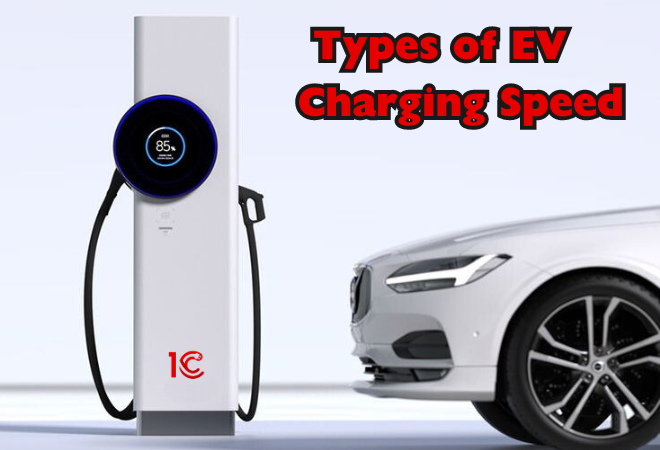
The 3 types of charging based on speed we will understand are fast charging, slow charging and rapid charging. Every charging type has its pros and cons.

KPIT Technologies in Pune leads the shift from lithium-ion to sodium-ion batteries for EVs, aiming for cost-effectiveness and reduced material dependency.
Managed and owned by Massive Mobility Pvt. Ltd.,
Plot No. 2, Spring House Coworking, third floor, Sector-43, Gurugram, Haryana – 122002.
© 2024 Massive Mobility Private Limited. All rights Reserved